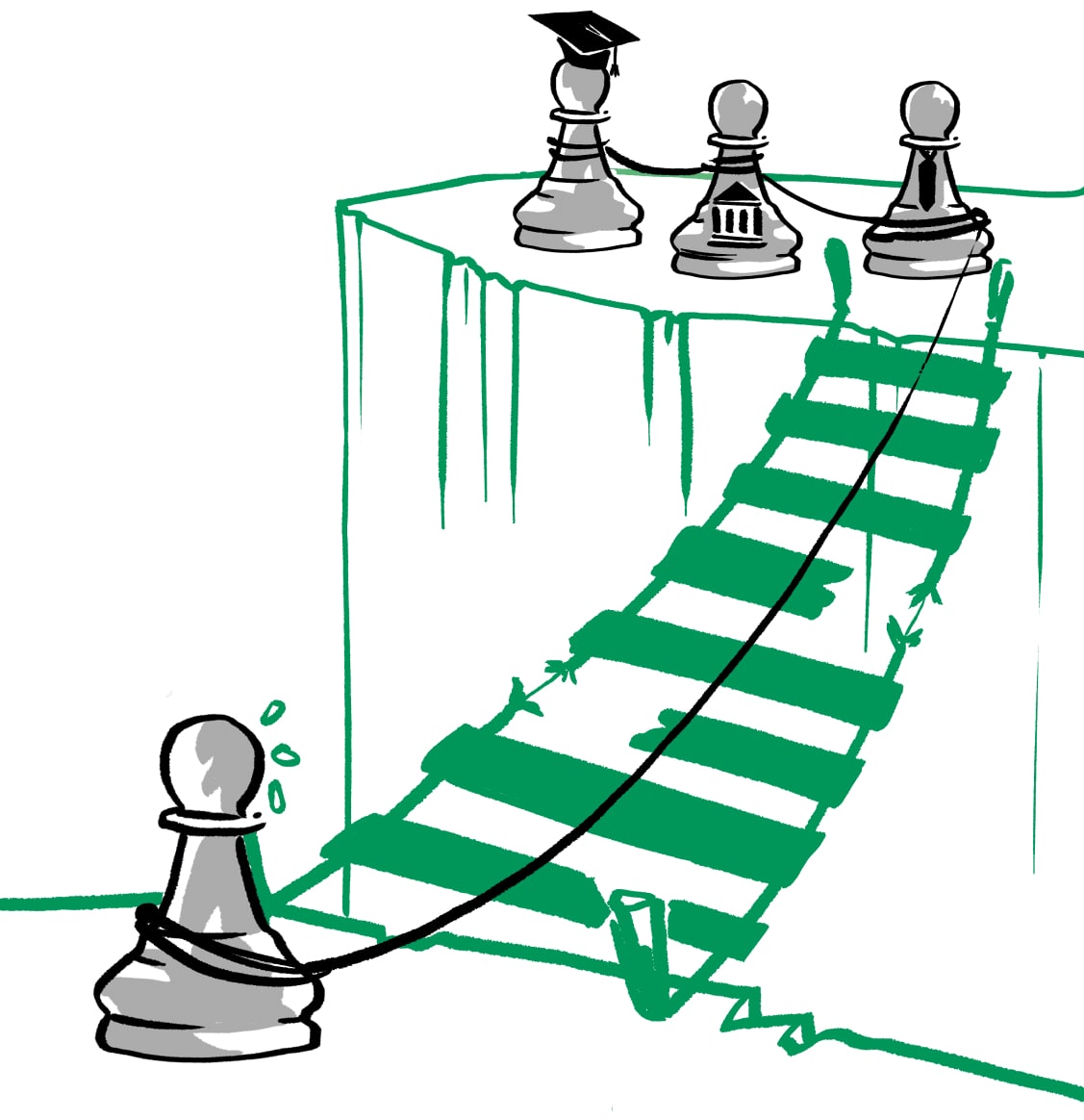
The diversity of actors in a transdisciplinary collaboration makes it difficult to build mutual trust, as do hierarchical relationships, insufficient personal contact, lack of unity and harmony and changing personalities. However, since trust is one of the main factors of a successful cooperation, sufficient time should be invested here and the acquired trust should be cultivated.
Especially in transdisciplinary collaborations, which are characterized by a high diversity of actors, it is difficult to build mutual trust due to this diversity. However, trust has been shown to be one of the main factors for the success of collaborations (Kurzhals et al., 2021, in reference to Plewa, Quester & Baaken, 2006), yet the literature identifies a major deficiency precisely in this area and describes it as one of the greatest challenges to build trust, especially between researchers and social actors (Kurzhals et al., 2021, in reference to Moeliodihardjo et al. 2012 and Israel et al., 1998). The following aspects can be causal for the lack of trust: hierarchical relationships (Kurzhals et al., 2021, in reference to Unertl et al., 2015), insufficient personal contact (Kurzhals et al., 2021, in reference to Ferlie et al., 2012), unfamiliarity with key stakeholders (Kurzhals et al., 2021, in reference to Bodison et al., 2015) and lack of unity and harmony among them (Kurzhals et al., 2021, in reference to Trencher et al., 2014). Further, it requires not only building mutual trust, but also continuously maintaining that trust (Kurzhals et al., 2021, in reference to Israel et al., 1998).